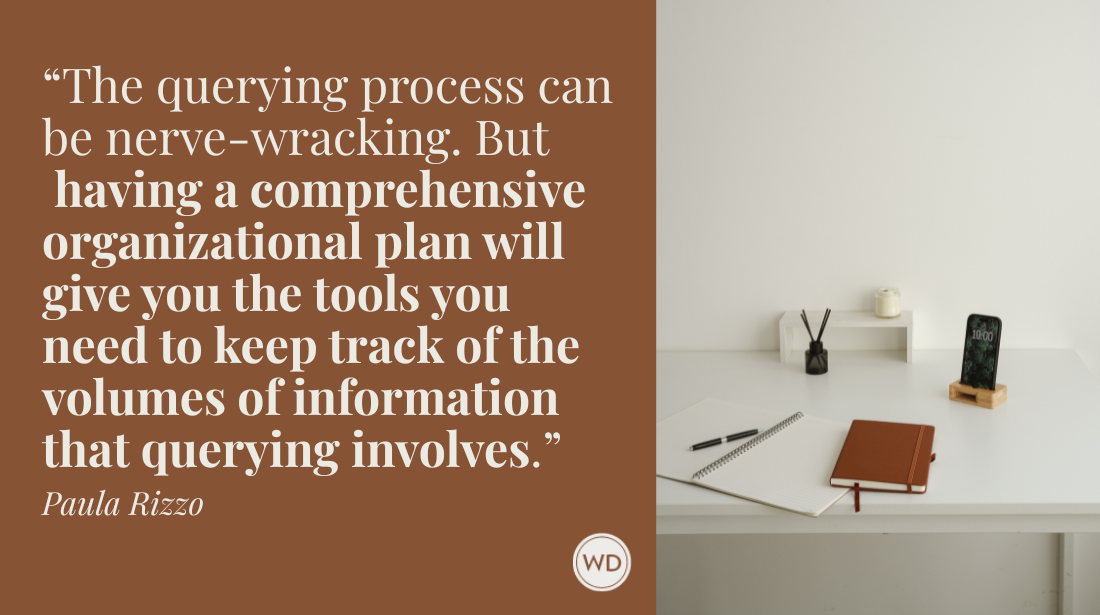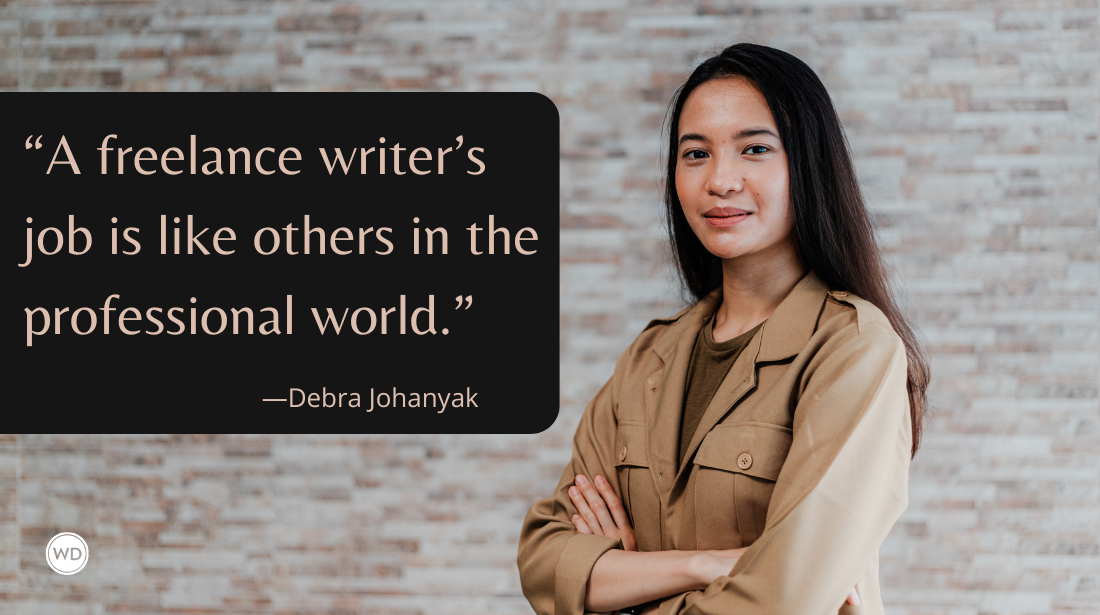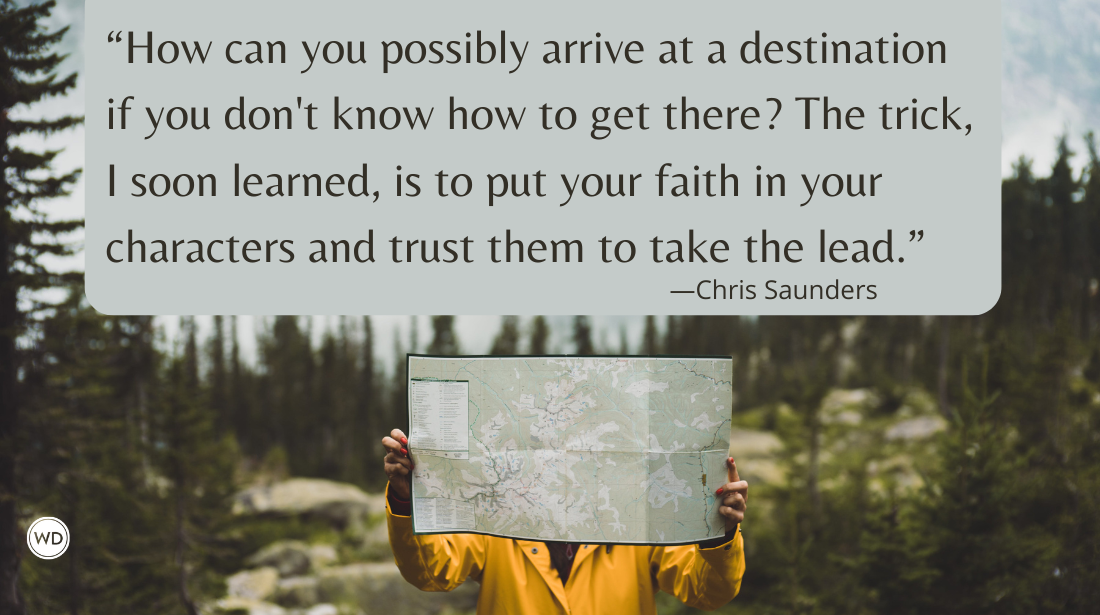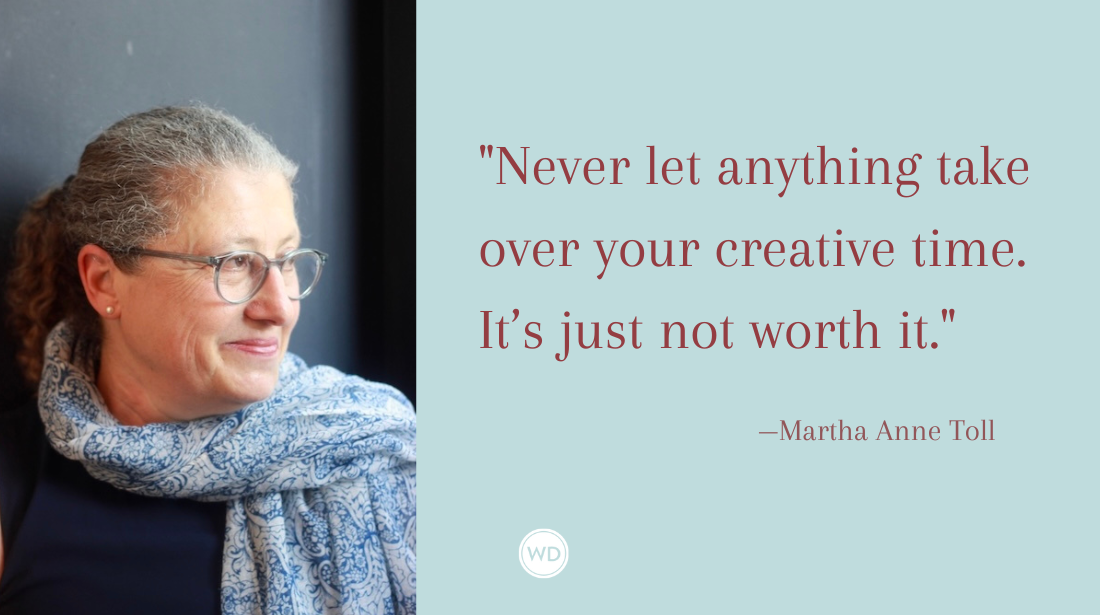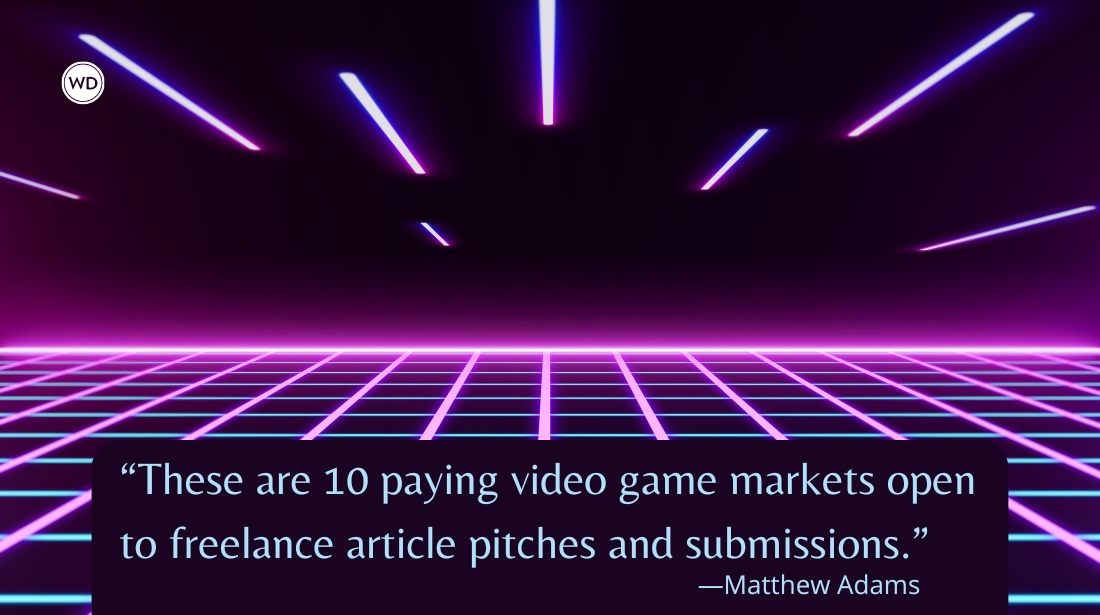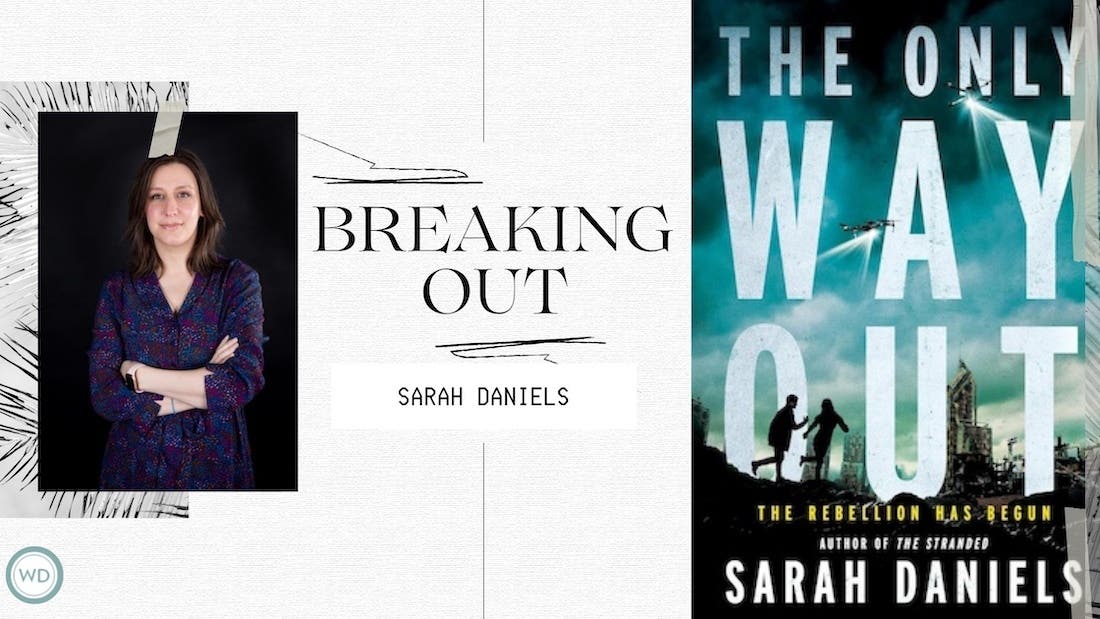Rejection: It’s What You Do Next That Counts
I have a dear friend, Dave, who has devoted his life to writing. He’s made every sacrifice imaginable, sacrifices that other people won’t or can’t make. This year, he has…
I have a dear friend, Dave, who has devoted his life to writing. He's made every sacrifice imaginable, sacrifices that other people won't or can't make.
This year, he has been submitting to more agents and publications than ever—and getting rejected.
He wrote me recently to say that he felt more jaded every day and that his cynicism was growing so strong that he was channeling it into his writing.
I know Dave pretty well. And I've read his work. He does have an audience out there. But I'm not surprised he's getting rejected.
So I wrote him the following, which I hope is instructive for all writers feeling dejected after a string of rejections:
I do not doubt there is an audience for your work. However, that doesn't equate to an agent being able to sell it.
This analogy may not be fair, but think of it this way: Would you send your plays directly to Broadway for consideration? No, you use your connections first to gain traction, and do things locally/regionally first.
Writers think New York publishing is something that should be easier to break into, easier maybe than Broadway or Hollywood. Yet the Big Six have the same commercial standards as these other venues–now more than ever.
Consider the qualities of your work that make it a tough sell:
• literary
• crime (genre that is overpublished and overpitched)
• epistolary (a big drawback, doesn't fit any bestseller model that I know of)
• white-male protagonist, written by a white male (I'm sorry, this does make it more difficult; women dominate publishing as both readers and decision makers)
It's pretty much a given that no agent will see commercial potential in your work in the current market. That means you need someone to fall head over heels for your work, and work against trend to get it published. How frequently does this happen? Well, think how often it happens to you—both in your personal and professional life. How often do you find someone who you simply MUST evangelize to everyone you know and risk your reputation on?
Right now, you're in the same boat as most talented writers I meet: struggling to get noticed and not really suited to do anything but write. Don't think you deserve to be published easier or faster— everyone else has that sense of entitlement, too.
What are you going to do to set yourself apart? Be distinctive? More passionate? Only you can say.
But don't write another story about killing an editor.
I am happy to report that Dave is one of those writers who can quickly move through the land of Jaded; read about his experiences here.
(Also: Dave pleads that, far from being inspired to pen editor-killing-stories, any of his affected output veers ironic, not cynical, e.g., a football player who doesn't make it into the NFL shoots himself in the head.)
Now that Dave is on his best path, as he usually is, I turn my attention to other souls who I wish I could also counsel:
Getting rejected isn't special or personal. What matters is what you do after the rejection. You can become bitter and cynical, and it might feel good for a while, but eventually it will detract from your efforts. After the bitterness, what constructive or proactive steps can you take? And you have to decide what those steps are, in the context of your work and overall career path.
Jane Friedman is a full-time entrepreneur (since 2014) and has 20 years of experience in the publishing industry. She is the co-founder of The Hot Sheet, the essential publishing industry newsletter for authors, and is the former publisher of Writer’s Digest. In addition to being a columnist with Publishers Weekly and a professor with The Great Courses, Jane maintains an award-winning blog for writers at JaneFriedman.com. Jane’s newest book is The Business of Being a Writer (University of Chicago Press, 2018).



